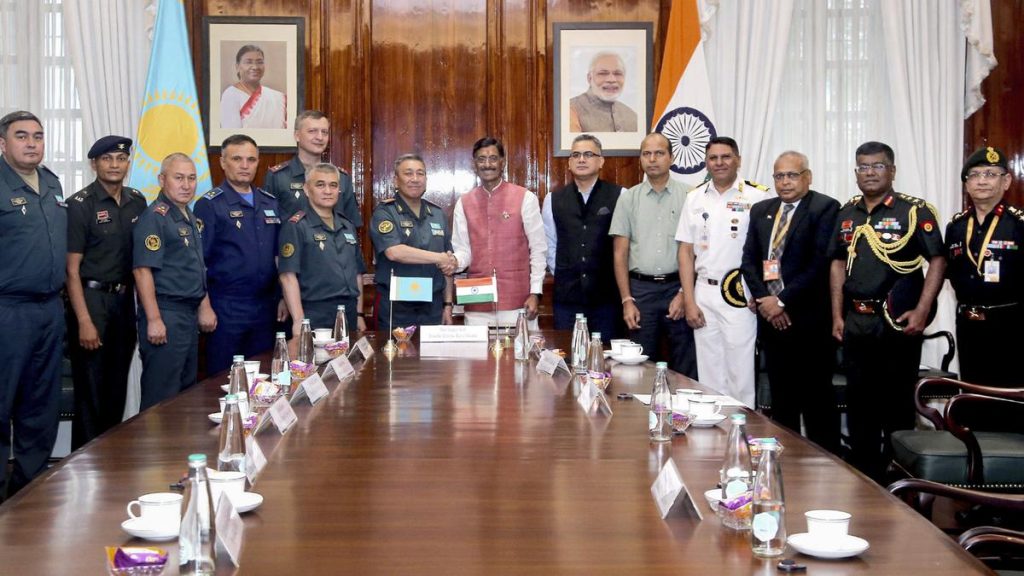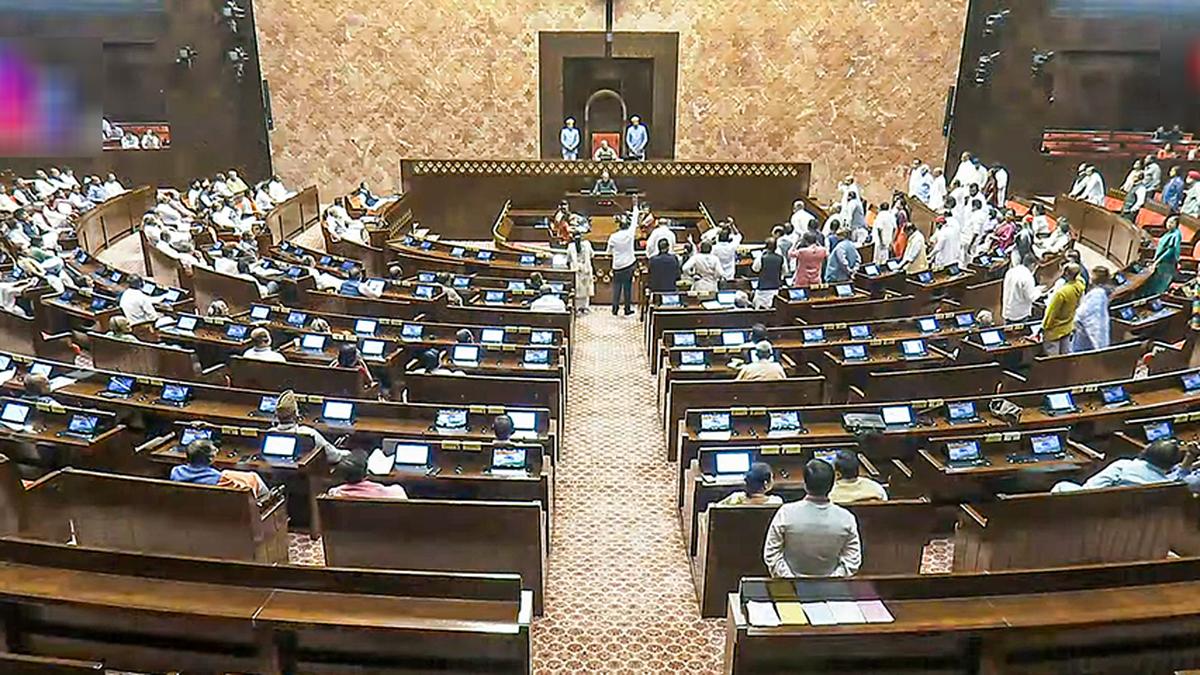Now Reading: Foreign Students Concerned Over Language Policy at Calicut University
-
01
Foreign Students Concerned Over Language Policy at Calicut University
Foreign Students Concerned Over Language Policy at Calicut University

Swift Summary
- Foreign undergraduate students at the University of Calicut are concerned over a mandatory requirement to earn credit points in additional languages for their four-year program.
- Students must learn one language, such as Malayalam, Hindi, Arabic, Sanskrit, or Urdu (in addition to English), and earn 39 credit points. Of these 39 credits, nine are required from the additional language itself.
- Two Kenyan students enrolled in B.Sc (Computer Science) at Sullamussalam Science College requested permission to opt for english as their second language citing unfamiliarity with other options available at their college.
- The college principal has supported this request; a formal appeal was submitted to Vice-Chancellor P. Raveendran regarding this provision.
- Abida Farooqui, a Senate member of the university, suggested that substituting credit requirements for additional languages with English or other preferred languages might help attract more foreign students while still preserving exposure to Indian culture via prescribed courses like Indian Knowlege Systems.
- University data shows 47 foreign students enrolled during the academic year 2024-25; admissions for the current year are underway.
Indian Opinion Analysis
The concerns raised by international students highlight an critically important tension between institutional rules and accommodating global diversity within Indian higher education systems. While mandatory courses on regional or national languages aim to enhance cultural understanding and inclusivity into local ethos, they may inadvertently discourage enrolment among foreign student populations who lack prior familiarity with these subjects.
Allowing flexibility in fulfilling language requirements-for example by opting for English credits-may serve as a practical solution that does not compromise academic rigour or cultural exchange ambitions. It could also strengthen IndiaS appeal as an international education destination without undermining regional identity-focused curricula preserved through other multidisciplinary offerings like Indian Knowledge Systems.
Balancing accessibility for diverse groups alongside local priorities remains crucial if India wants to achieve competitive growth in attracting global talent toward its universities.
Read more: Original Article























